Rate my DIY mulch?
theripetomatofarm
9 years ago
Featured Answer
Comments (11)
gardengal48 (PNW Z8/9)
9 years agotoxcrusadr
9 years agoRelated Professionals
Carlisle Landscape Architects & Landscape Designers · Walnut Landscape Architects & Landscape Designers · Anderson Landscape Contractors · Aberdeen Landscape Contractors · Edwardsville Landscape Contractors · Mission Viejo Landscape Contractors · Norristown Landscape Contractors · Tigard Landscape Contractors · White Bear Lake Landscape Contractors · Raytown Landscape Contractors · Hendersonville Decks, Patios & Outdoor Enclosures · Palm Beach Gardens Decks, Patios & Outdoor Enclosures · Pittsburgh Decks, Patios & Outdoor Enclosures · South Lyon Decks, Patios & Outdoor Enclosures · Woodland Hills Decks, Patios & Outdoor Enclosurestheripetomatofarm
9 years agowazzamcg
9 years agotheripetomatofarm
9 years agofloral_uk z.8/9 SW UK
9 years agowazzamcg
9 years agogardengal48 (PNW Z8/9)
9 years agoLaurel Zito
9 years agofloral_uk z.8/9 SW UK
9 years ago
Related Stories

GARDENING GUIDESNew Ways to Think About All That Mulch in the Garden
Before you go making a mountain out of a mulch hill, learn the facts about what your plants and soil really want
Full Story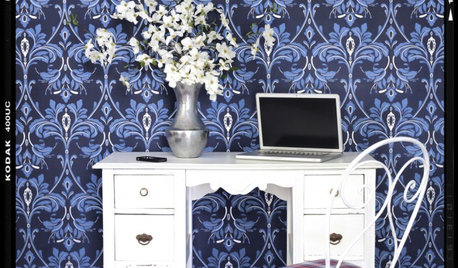
DECORATING PROJECTSDIY Project: Wallpaper Goes Mobile
Paper Plywood Panels for a Great Look That Can Move When You Do
Full Story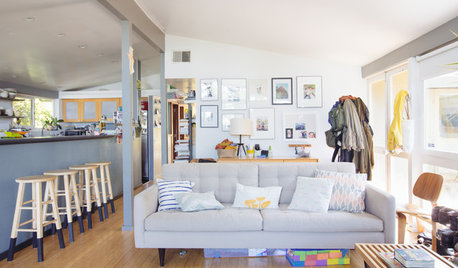
HOUZZ TOURSMy Houzz: DIY Efforts Reward a Berkeley Family
California parents-to-be roll up their sleeves to transform the landscape and spruce up the interior of their Cliff May home
Full Story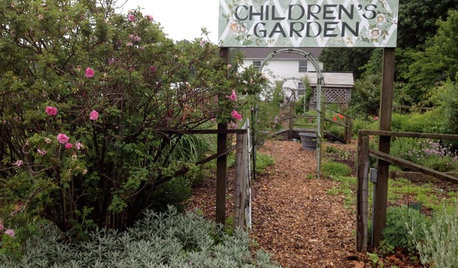
GARDENING GUIDESField Trip: Gather Ideas on a DIY Garden Tour
Get inspired by one gardener's local tour, then check out her suggestions for unofficial tours of your own
Full Story
WOODTry DIY Plywood Flooring for High Gloss, Low Cost
Yup, you heard right. Laid down and shined up, plywood can run with the big flooring boys at an affordable price
Full Story
FARM YOUR YARDHow to Build a Raised Bed for Your Veggies and Plants
Whether you’re farming your parking strip or beautifying your backyard, a planting box you make yourself can come in mighty handy
Full Story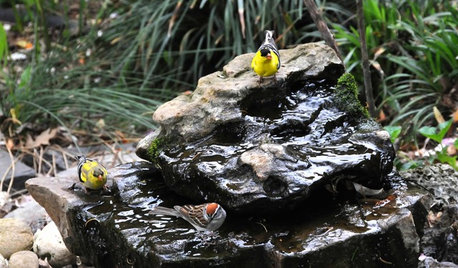
OUTDOOR PROJECTSBring In the Birds With a Homemade Bubble Rock
An avian expert from Southern Indiana shows how to make a burbling fountain that migrating birds will love
Full Story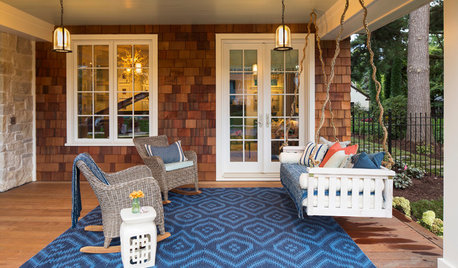
HOUSEKEEPINGSummer Weekend Projects to Have Your Home Looking Sweet by Fall
Make a date with your house to take on one or two of the upgrades languishing on your to-do list
Full Story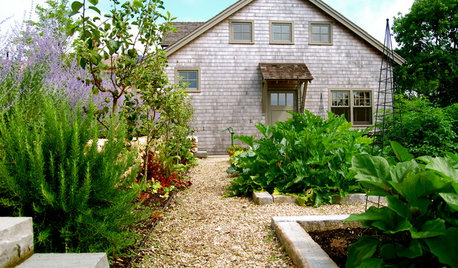
GARDENING GUIDESThe Simple Secret to Gardening Success
Learn the kinds of soil and a DIY type test to make sure you’re putting the right plant in the right place
Full Story
GREEN BUILDINGWhy You Might Want to Build a House of Straw
Straw bales are cheap, easy to find and DIY-friendly. Get the basics on building with this renewable, ecofriendly material
Full StoryMore Discussions






toxcrusadr